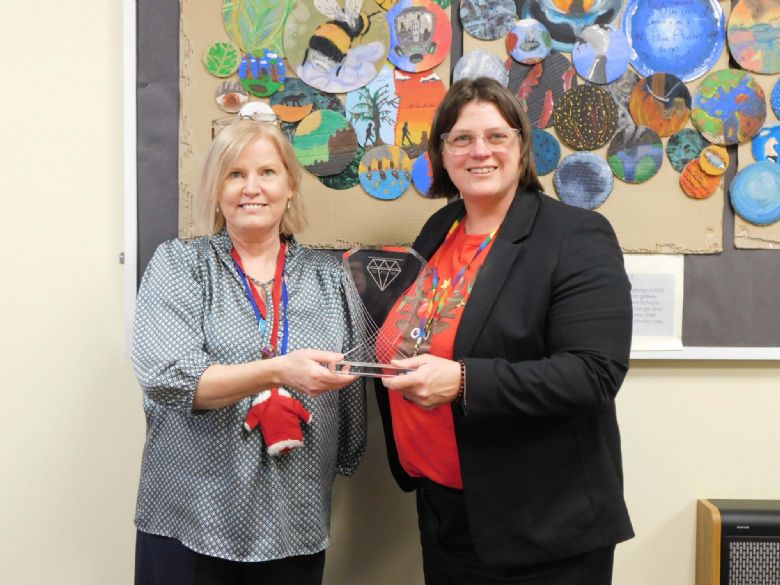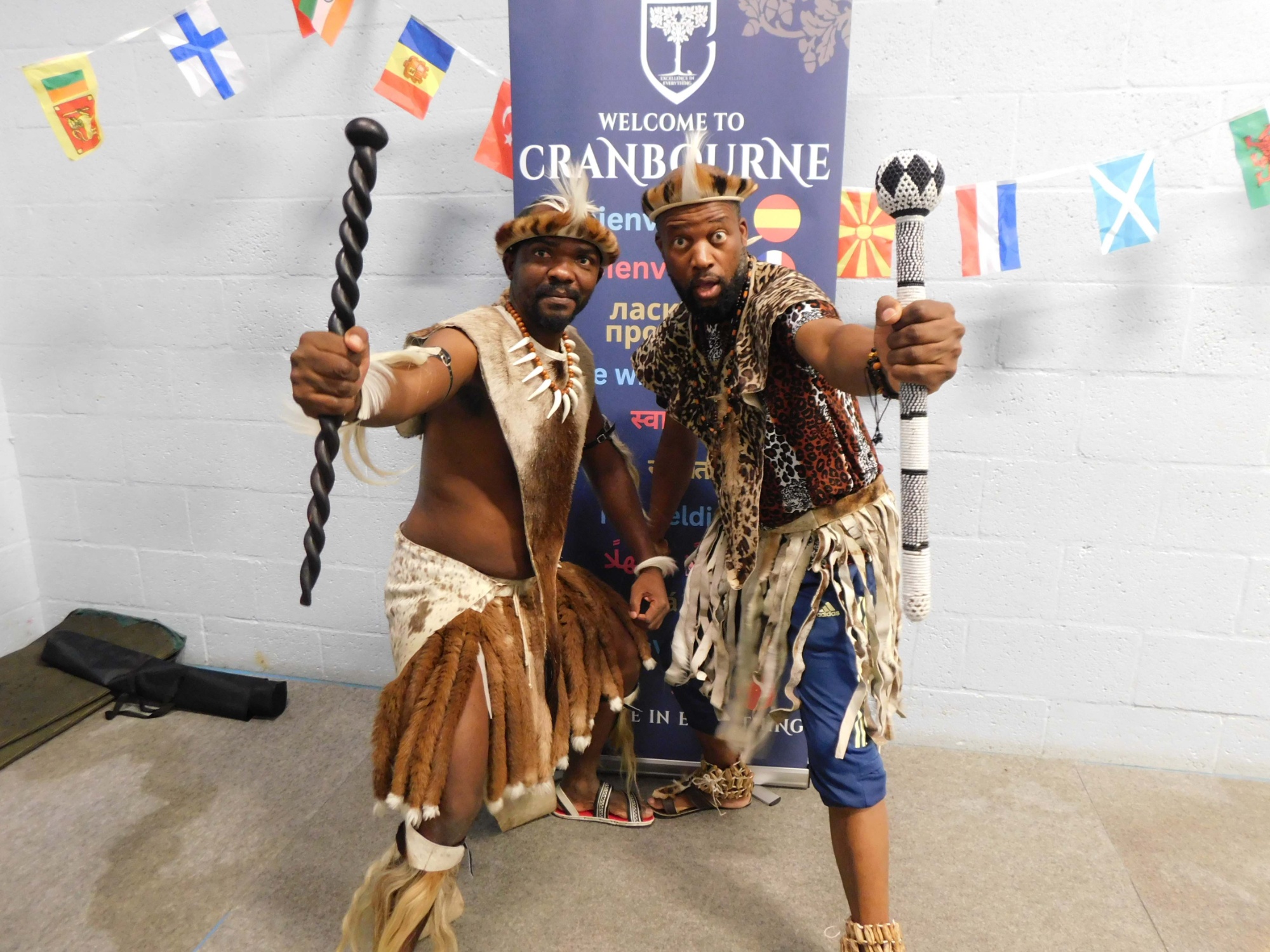




Inclusion and Cultural Diversity
EAL Excellence Award at Diamond Level
 We are delighted to be the first secondary school to achieve the EAL Excellence Award at Diamond Level, after being commended for our high levels of support and nurturing given to members of our community.
We are delighted to be the first secondary school to achieve the EAL Excellence Award at Diamond Level, after being commended for our high levels of support and nurturing given to members of our community.
The report from the Ethnic Minority and Traveller Achievement Service (EMTAS) stated "Your ongoing work to support families in the community is truly admirable and appreciated. Cranbourne works hard with other schools in Basingstoke to provide Young Interpreter training, organise conferences and offer vast opportunities for students to celebrate their cultures and diversity. Your Young Interpreters are an asset to your school."
The Diamond award required schools to complete one aspect of Community, Collaboration and Contribution - Cranbourne excelled in all three areas.
Our Transition Coordinator and Community Language Lead, Ms Corrigan, works closely with EMTAS to ensure that every child at Cranbourne whose first language is not English receives the support they need to achieve their full potential. Our EAL register shows there are more than 50 languages spoken across the student body.
At Cranbourne, we are truly proud of our diversity. By celebrating both what unites us and what sets us apart, we unlock the strength to grow together. We endeavour to remove barriers and inequalities in attainment, to improve educational outcomes for our children.
Cultural Diversity Evening
 Our annual Cultural Diversity Evening is an excellent opportunity for us to come together and celebrate our student’s cultural heritage and what makes us who we are. Did you know, at Cranbourne we speak an impressive 50 languages amongst our students and staff?
Our annual Cultural Diversity Evening is an excellent opportunity for us to come together and celebrate our student’s cultural heritage and what makes us who we are. Did you know, at Cranbourne we speak an impressive 50 languages amongst our students and staff?
The evening is organised entirely by our students, supported by Mr Ndlovu and Mr G and is a fantastic chance for them to show leadership, improve their confidence and showcase their heritage. We have a range of acts throughout the night, including poetry spoken in their home languages, traditional dances, incredible singing performances and lots more. Stalls are set up by our students where they sell arts and crafts, delicious homemade delicacies, traditional jewellery and henna.
